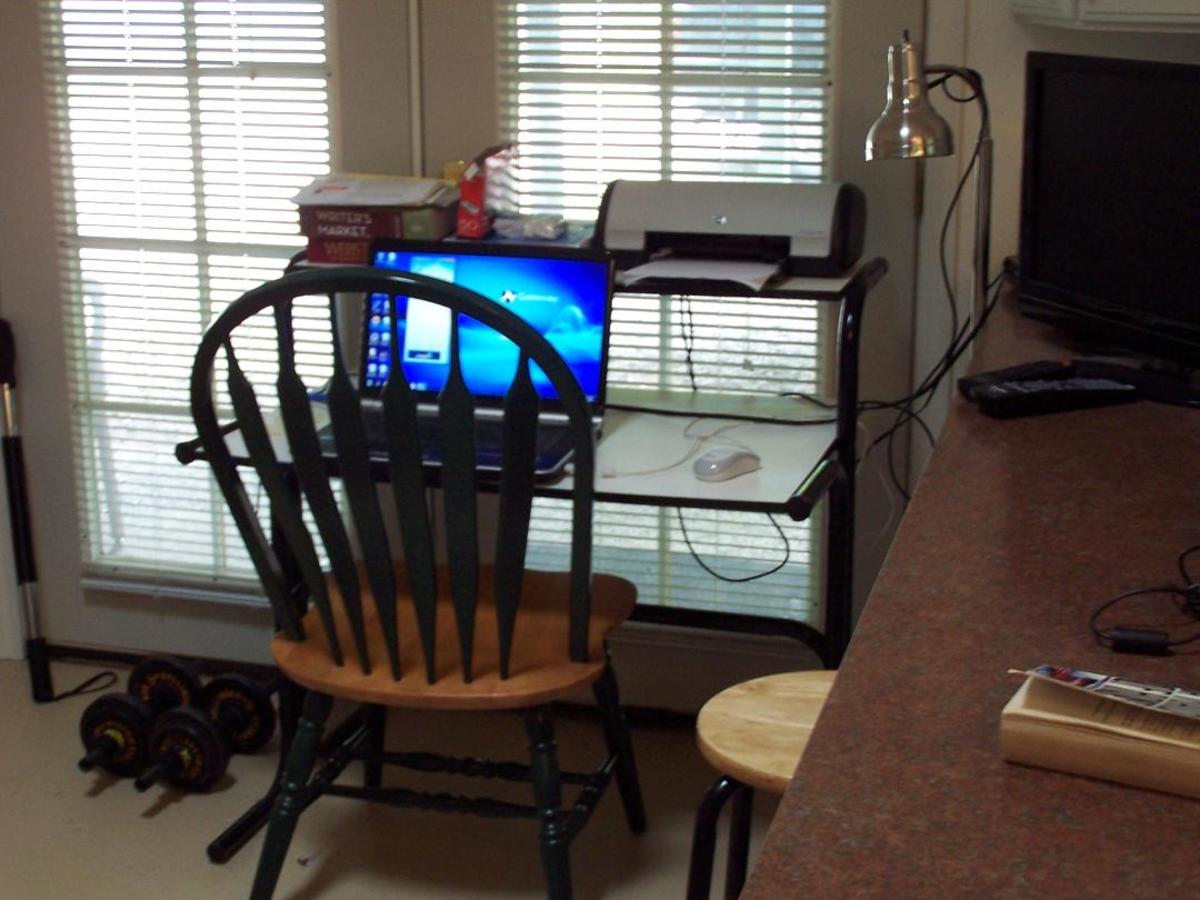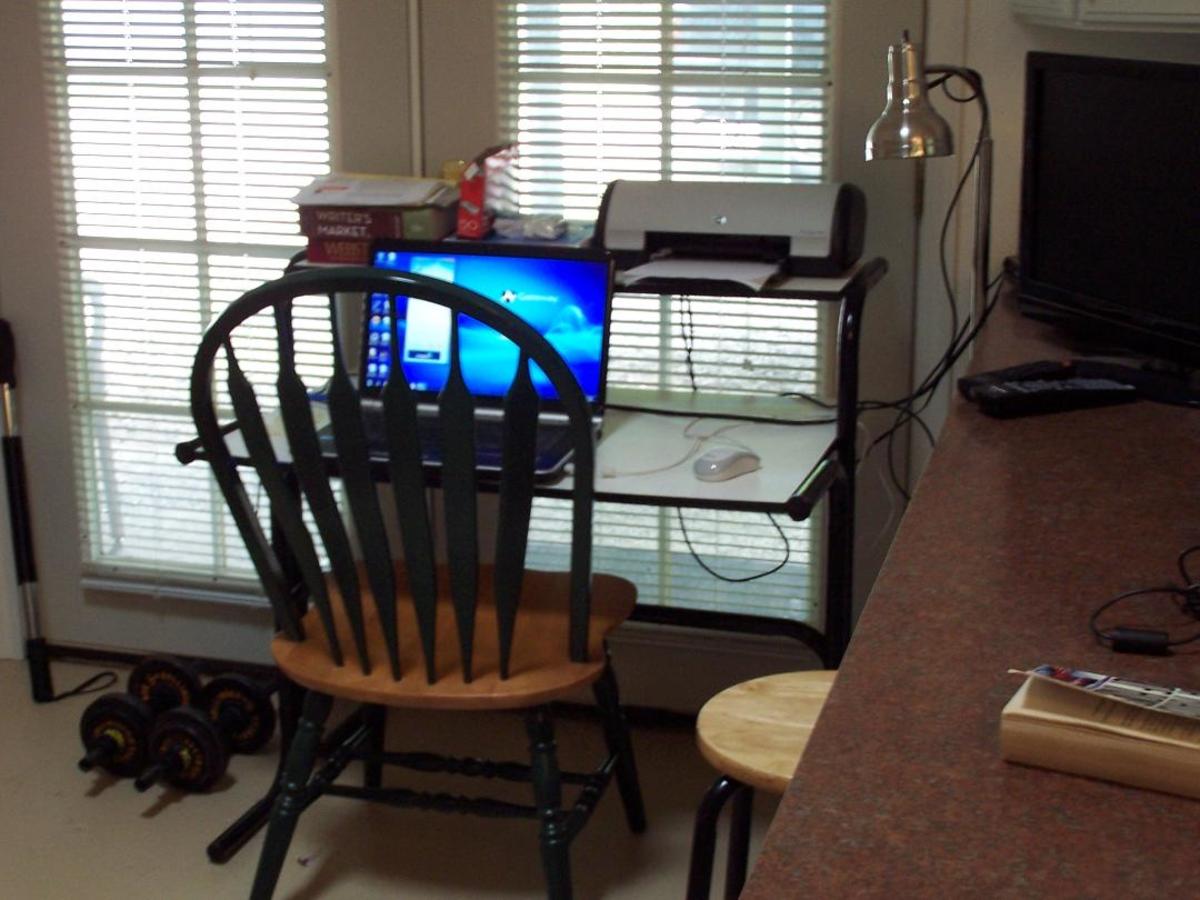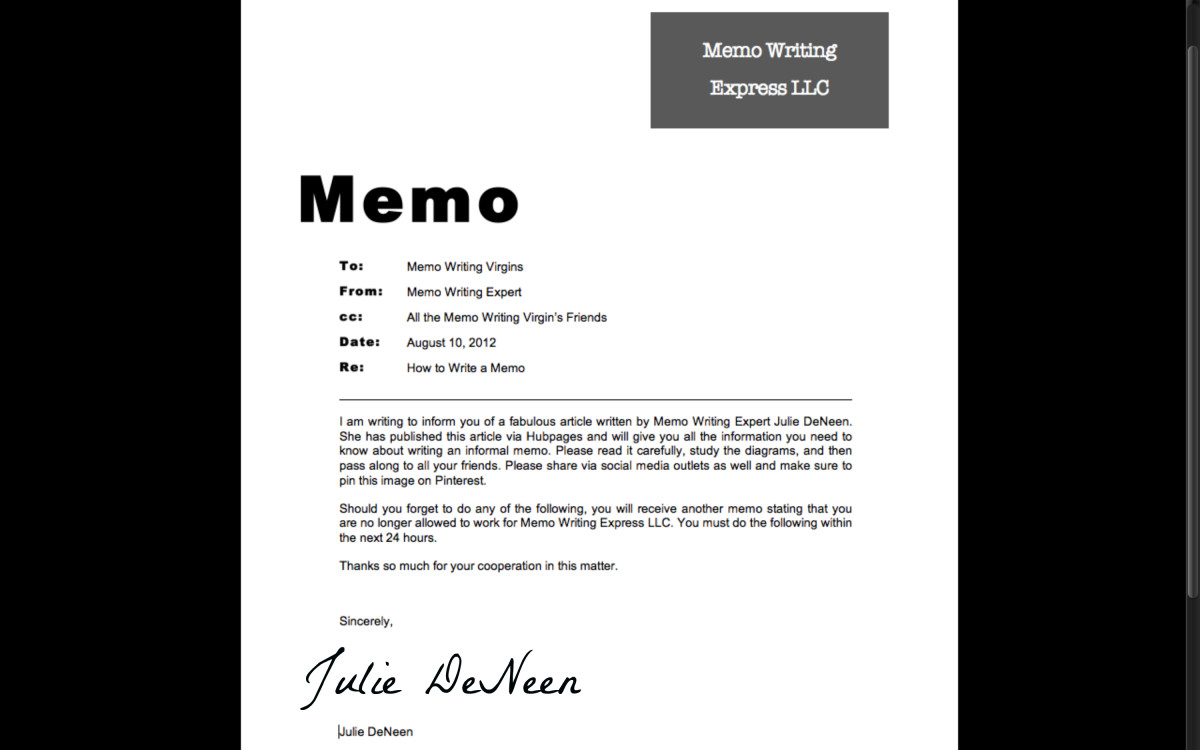The Writer's Mailbag: Installment One-Hundred and Three
And the Beat Goes On
I’m one day late. Sorry about that. I had a busy Father’s Day.
Round and round we go; where it stops, nobody knows!
That’s how I feel about the Mailbag, a tiny little idea which has taken on a life of its own. In other words, whatever is in this Mailbag is completely out of my hands and control.
I’m just along for the ride with the rest of you.
HOW LONG TO WAIT?
From Lawrence: “Another question is how long do you leave it between finishing one novel and starting the next one? and yes there is another 'Scorpion novel' planned but I might hold off using hubs to serialize it for a while.”
This is one of those subjective answers, Lawrence, and definitely not a “one size fits all.”
It seems to me this is up to the individual author and what works for him/her. For me, I usually need a week or two before starting a new novel. Having said that, I recently finished the fourth novella in the Billy the Kid series and started a new one two days later, so don’t pay any attention to me at all. It’s quite obvious I don’t pay any attention to myself.
One thing to consider: if your next novel is about different characters and/or is a different genre, you might want to wait a few weeks before beginning. I’ve found it is very easy to slip into the same voice as the previous novel if there is no waiting period, and that might not be your goal.
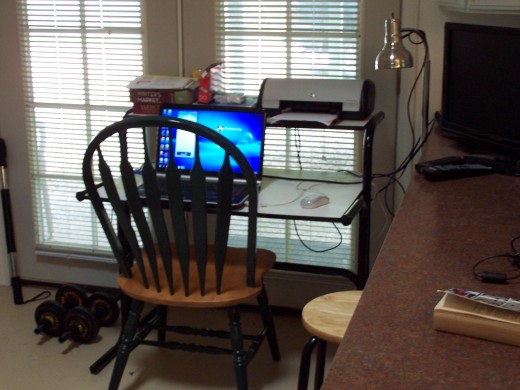
EDITING
From Louise: “I love the mailbag bill so I hope it continues I have a question about editing when you write your own novel do you suggest editing it yourself or hiring an editor.”
The easy and logical answer, Louise, is that you should never edit yourself. Doctor beware, and a doctor who treats himself has a fool for a patient…that sort of thing.
Having said that, hiring an editor can be pricey. Professional editors will cost you over $500 for a novel and that’s being optimistic in the estimate…..and who can afford that kind of expense for editing? So we have the classic Catch 22….it should be edited by someone other than yourself but most of us can’t afford to do that.
May I suggest beta readers….ones you can trust? Or barter with someone to do your editing and you’ll do their editing. Get creative if money is an issue but for goodness sake, don’t edit yourself and especially if you plan on submitting your manuscript to a traditional publisher. That would be a kiss of death for your manuscript.
HOW LONG TO WRITE A NOVEL
From Petrich: “I’m new to the novel-writing game and I was wondering how long you think it should take to write a novel? Thanks in advance for your response.”
Well, Petrich, you aren’t going to like this answer.
It takes as long as it takes and not a minute more or less.
I can give you a guideline but really, that’s all this is.
When I wrote “Resurrecting Tobias,” the first draft took five months. The second and third drafts took about two months. I think I was done with the entire process (not counting final edit) in seven months. That was the longest it has taken me. I did “Shadows Kill” in five months.
Robert Parker, the author who gave us the “Spenser” series, usually published two novels per year, so the writing process for each of those mustn’t have been more than four months each.
And then you have to factor in how long the novel is. My longest has been 110,000 words and my shortest 78,000. I’ve read some Russian novels with 500,000 words. How long your novel is will be a deciding factor for sure.
I know this answer isn’t totally satisfying but it’s the best I can do for you.

Flow and Rhythm
From Teddi: “I hear a lot about flow and rhythm but I’m a bit confused by what that means. Can you clarify for me?”
Rhythm and flow are subtle aspects of writing and as such they are very hard to teach. Rhythm in writing is, for lack of a better definition, how the writing sounds. It is the music that your words create. It is the combination of words and sentences, grammar and intangibles, and when you put them all together they flow like a gentle stream through a peaceful valley, or they rage like a flooded river down a mountainside.
Individual writers develop their own rhythm over time and after much hard work. There are little tricks that can manipulate rhythm. For instance, if a writer wants to slow down the action, longer words and longer sentences can be used. To speed up the action the opposite is true, shorter words, shorter sentences. Some writers use simple declarative sentences throughout most of their writing. James Patterson comes to mind as one such writer. Other writers, like James Lee Burke, use more complex sentences.
Each has their own rhythm and what they do works for them.
The trick is to find out what works for you.
Good luck!
CONTESTS
From Always Behind: “Do you think it’s a good idea to enter writing contests and if so, what are some good ones to enter?
Of course I think it’s a good idea to enter contests, if you have the time and can pay the fee. There are tons of contests out there that are free. There is an equal number which require an entry fee, usually twenty bucks of less. If you win then that win looks great on your resume/writing platform. If you don’t win you’ve still had the experience.
What are some good ones? Check out Writer’s Digest for an updated offering of contests. Check out FanStory and WriterMag. When you find one you are interested in, make sure you read the submission guidelines closely and carefully. One small mistake there will eliminate you from the competition.
And good luck!
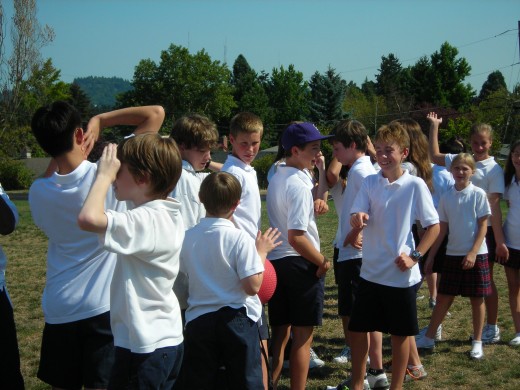
Everything I know about writing in one book
Join me on my writing blog/website
- Artistry With Words | Helping writers to spread their wings and fly
Helping writers to spread their wings and fly
SCHOOLS
From Bella: “What do you think of schools cutting back on funding for the Arts? It seems to me we need more artists and writers and not fewer?”
As a former teacher, Bella, I have some pretty strong feelings about this. As a writer I have even stronger feelings about this.
Listen, we played around with “No Child Left Behind” for decades, and as a nation we bowed to the standardized-testing gods, declaring them to be all-knowing and all-powerful, and in doing so we pushed the Arts out of many curriculums….and the result was abject failure in achieving our goals. Our education system is still a mess in this country, and that has very little to do with the hard work of 90% of the dedicated teachers and almost everything to do with the poor leadership.
It’s time for a change!
We need to educate the complete child and not just teach them math and science. Some kids are never going to be math-wizzes. That’s just the real of it, as my character Billy the Kid would say. Not everyone is going to be a scientist. We are doing a disservice to millions of kids by funding those two areas of learning and ignoring and not funding the Arts.
So what do I think of it? I think it sucks!
AND WITH THAT I’LL SAY GOODBYE FOR NOW
Always finish on a strong note, and “I think it sucks” is about as strong a note as I can finish on and still be published on this site.
Thanks for being here once again. Next week will be the two-year anniversary for this series and it’s all been possible because of you.
2016 William D. Holland (aka billybuc)
“Helping writers to spread their wings and fly.”



